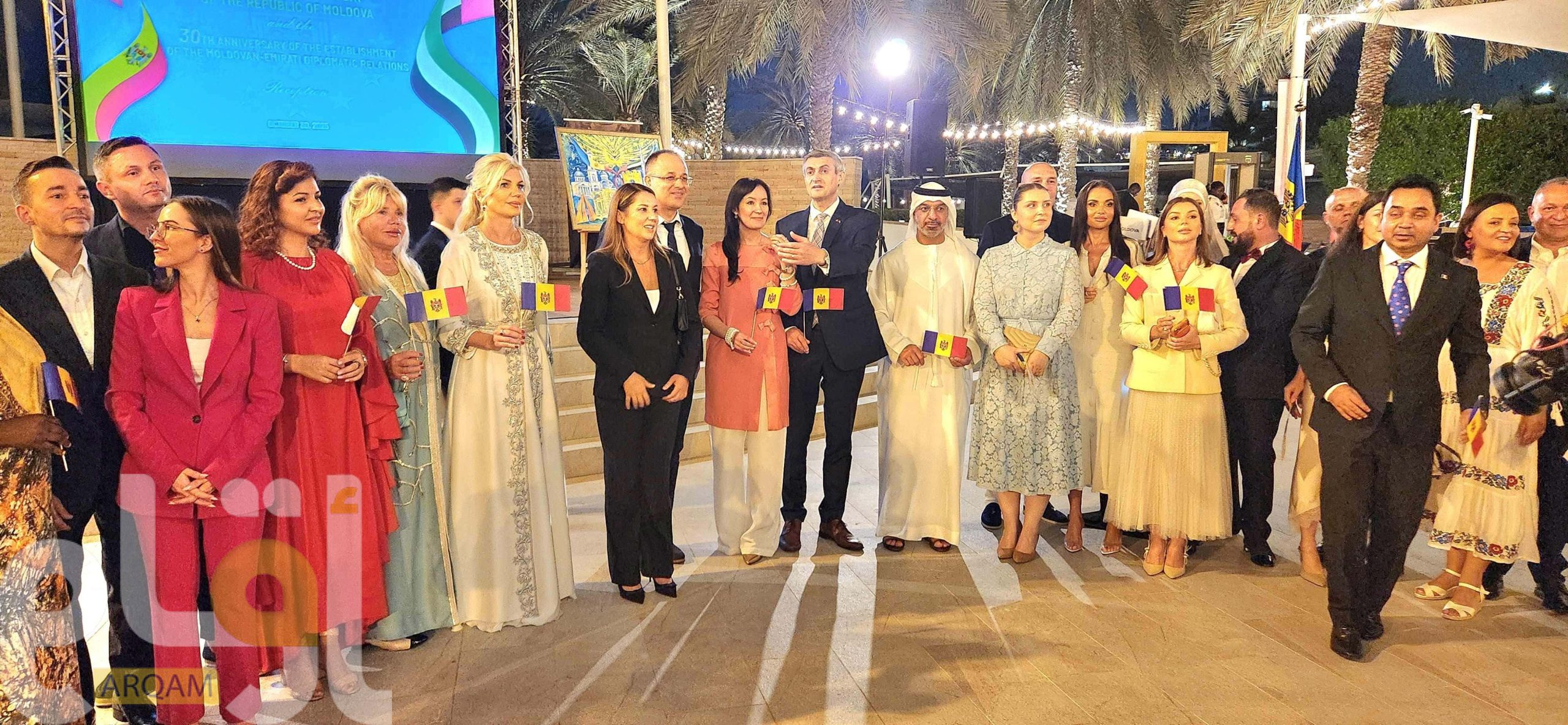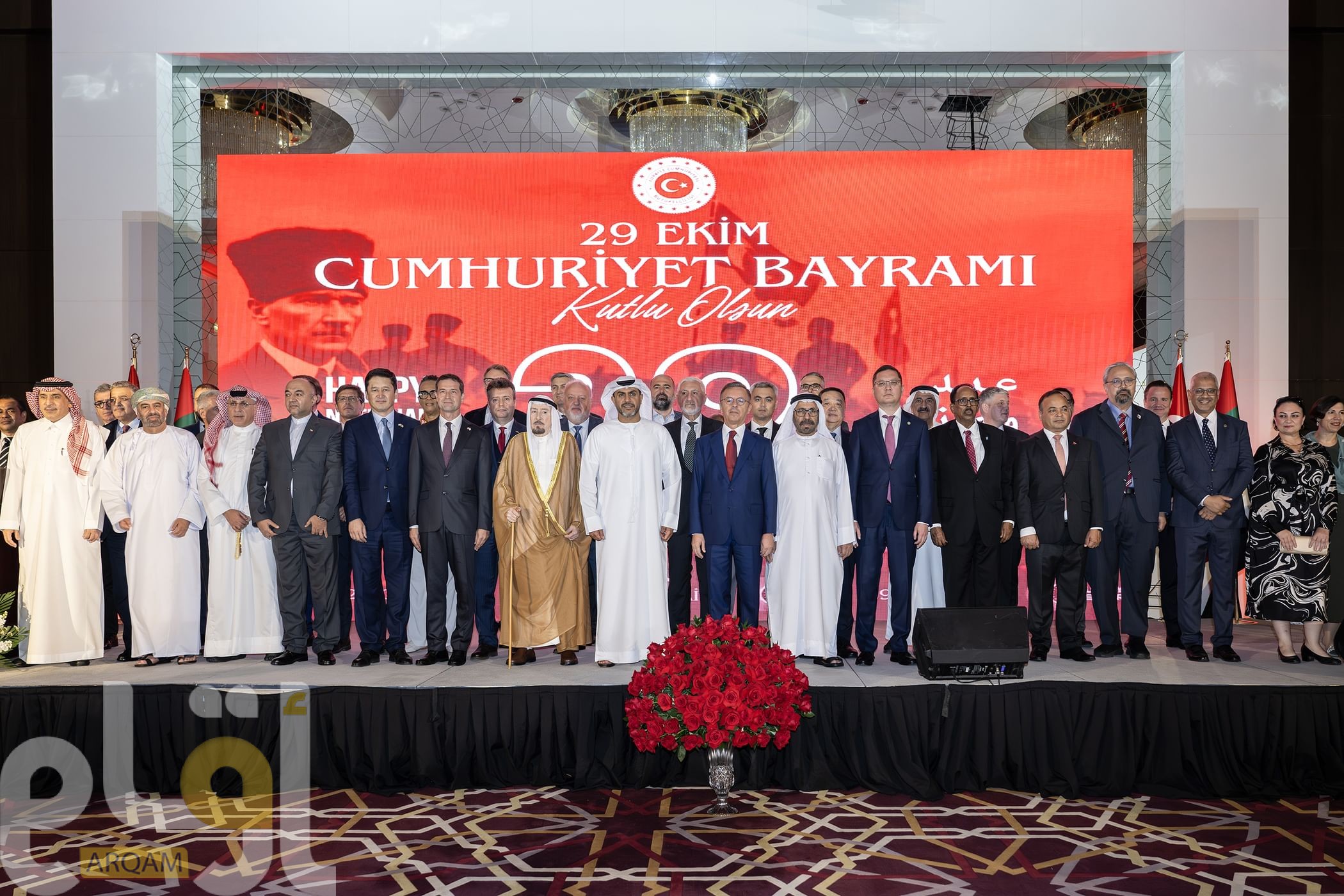South-South Cooperation fosters collaboration among developing countries in the global South, enabling them to exchange knowledge, skills, resources, and best practices to drive mutual growth and development. This cooperation is crucial in addressing shared challenges and encouraging mutual growth. The Arab-Africa Trade Bridges (AATB) Program exemplifies South-South Cooperation, aiming to strengthen trade and investment ties between Arab and African nations. A key focus of the AATB Program is the agriculture sector, evident in its Food Security Program designed to enhance food security and boost the agribusiness sector in member countries.
Food security is a pressing global issue, with the United Nations Sustainable Development Goal 2 (SDG 2) aiming to end hunger and ensure access to safe, nutritious, and sufficient food year-round by 2030. However, conflicts, pandemics, and climate change have exacerbated food insecurity in many countries including some of those covered under this program. The COVID-19 pandemic and geopolitical conflicts have disrupted global food supply chains, led to increases in food prices, and inflation, and plunged millions further into poverty and food insecurity. As of 2023, the World Food Programme estimated that 345 million people across 82 countries are experiencing acute food insecurity, a significant increase from pre-pandemic levels.
In this regard, the AATB Program has put together a US$1.5 billion trade facility to support food security challenges in Africa. Recognizing agriculture as one of its key priorities, the AATB Program has made significant strides through its Food Security Program by means of capacity development programs, food security initiatives, lines of financing, trade financing, and insurance and guarantee solutions. This demonstrates the Program’s commitment to helping achieve the SDG 2 goal of ending world hunger. By leveraging sustainable practices and collaborative efforts with its member organizations, the AATB Food Security Program ensures that member countries in Arab and African regions have access to sufficient, safe, and nutritious food.
Nigeria, for example, is the largest producer of cassava in the world, producing approximately 60 million tons annually, and the country contributes to about 20% of global production. This high production volume presents an excellent opportunity for Nigeria to trade cassava and its derivative products with Arab countries such as Egypt, which are high consumers of this highly nutritious tuber. The export of raw cassava, as well as processed products such as cassava flour, starch, gari, and tapioca, can significantly benefit both Nigeria and Arab nations. This trade can help diversify Nigeria’s export base while providing consumer countries with essential food products and raw materials for their industries.
During the roundtable discussion at the 4th AATB Board of Governors Meeting held in Tunis, H.E. Ismael Nab, Minister of Planning and International Cooperation of Guinea, highlighted the vital role of the AATB Program in fostering South-South cooperation in tackling food security issues. He emphasized that Guinea Conakry faces challenges such as low productivity due to infertile soil, significant post-harvest wastage, and inadequate infrastructure. The minister stressed that food security is not just a national issue but a humanitarian one, citing examples of countries like Vietnam and India, which produce surplus rice and export the excess. He advocated for South-South cooperation and other collaborative efforts where countries can share expertise and best practices to address food security challenges. According to him, agriculture is the future, and through partnerships, world hunger can be eradicated. He also suggested that countries in West Africa could form strategic partnerships with those in North and Southern Africa to enhance agricultural productivity and food security.
Trade rules should be incorporated into the overall arsenal of methods used to fight food insecurity. While some regions are affected by drought and other extreme weather conditions, the focus should be on those regions that already produce food and create trade tariffs that allow them to trade within the continent, and in Arab countries.
Changing these tariffs for basic food commodities in Africa and Arab countries, while providing financing support to improve existing food-producing capacities can significantly address food insecurity. Smallholder farmers should also be integrated into the overall value chain. Therefore, access to financing and the elimination of intra-African trade barriers are crucial steps toward solving the problem of food insecurity. Arab countries can collaborate with African nations to harmonize trade rules and reduce barriers, facilitating smoother and more efficient agricultural trade between regions.
Organizations also have a role to play in alleviating food security concerns. For example, Afreximbank has a range of initiatives to mitigate food security concerns in Africa. One such initiative involves financial instruments to de-risk agriculture, enabling broader participation. The bank’s food security initiative in collaboration with the program, the African Union, and other organizations aims to enable farmers to produce food effectively. The International Islamic Trade Finance Corporation (ITFC) also plays a significant role in addressing global hunger through its comprehensive sector support programs such as the Islamic Development Bank (IsDB) Group’s comprehensive US$10.54 billion Food Security Response Program (FSRP), by facilitating the import and export of food commodities, ensuring that countries facing food shortages have access to vital resources. These initiatives focus on empowering smallholder farmers by offering access to necessary resources and markets, thereby increasing agricultural productivity and reducing post-harvest losses.
South-South Cooperation, exemplified by the AATB Food Security Program, is a powerful strategy for addressing food security challenges in Africa. By focusing on enhancing trade, improving infrastructure, and fostering innovation, Arab and African countries can collaboratively overcome barriers to food security, ensuring a more prosperous and food-secure future for all.















